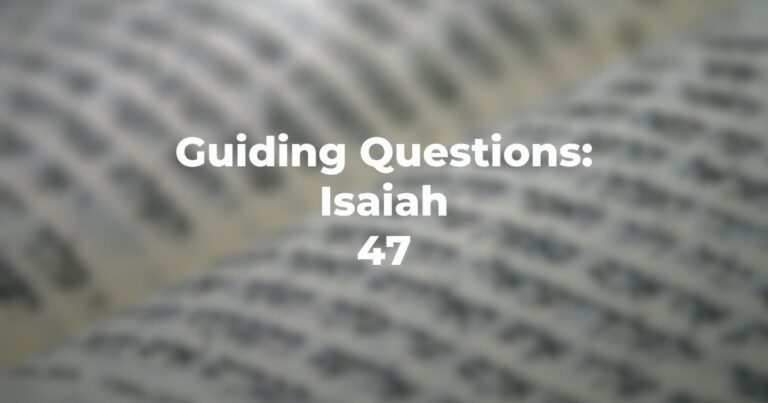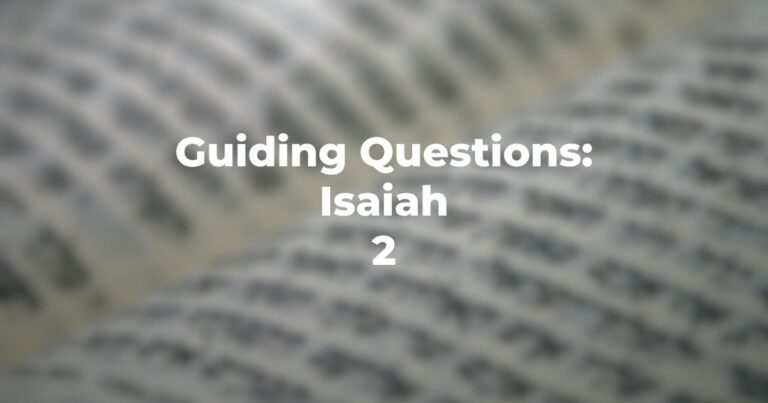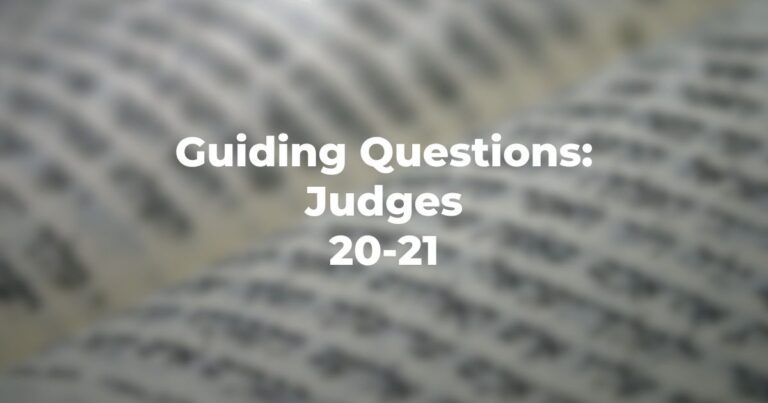- In Ezekiel 20:1, reference is made to calendar. Is this the “seventh year” of the exile?
- Does the prophet seek to be responsive to the “elders of Israel” who have come to inquire of him?
- Would the reference in Ezekiel 20:4 to the “deeds of their fathers” appear to be consistent with the position taken by the prophet in Ezekiel 18?
- Where would the phrase “a land flowing with milk and honey” have been encountered in earlier biblical texts?
- According to Ezekiel 20:7-8, did the generation of the “exodus” loyally follow the teachings of the Lord?
- As a matter of fact, according to Ezekiel 20:8-9, what was the original intent for those who were enslaved in Egypt?
- But, why was that intent not acted upon (Ezekiel 20:9)?
- And, according to Ezekiel 20:13, did the rebelliousness of the exodus generation cease following Sinai or did it continue in the wilderness?
- Once again, why was the exodus generation, then, not decimated in that wilderness (Ezekiel 20:15-17)?
- Which of the mitzvot, in particular, is stressed in Ezekiel 20:20?
- Did the post-exodus generation conduct itself with greater loyalty than their ancestors?
- And, if not, what was the decision of Divinity as to their future (Ezekiel 20:21-22)?
- Accordingly, as in Ezekiel 20:27, the ancestors of those who came to consult Ezekiel were uniformly —?
- The major transgression cited in Ezekiel 20:28-29 had to do with what type of action?
- Ezekiel 20:30 indicates that, should the current generation emulate its ancestors, what would be its future?
- In Ezekiel 20:33-38, what is to become of the generation which would not change the pattern which it had “inherited”?
- What is the symbolism of “passing under the shepherd’s staff” (as in the Netaneh Tokef of the High Holy Day liturgy)?
- In Ezekiel 20:39, there is an affirmation of monotheism. How is it stated?
- And, if the monotheistic mode is adhered to, what will be the consequent action of the Kadosh Barukh Hu (Ezekiel 20:40-41)?
- But, in Ezekiel 20:44, when all is said and done, is there a cumulative impact of transgression?
Author
-

Exploring Judaism is the digital home for Conservative/Masorti Judaism, embracing the beauty and complexity of Judaism, and our personal search for meaning, learning, and connecting. Our goal is to create content based on three core framing: Meaning-Making (Why?), Practical Living (How?), and Explainers (What?).
View all posts





